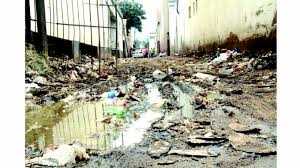
Edmore Zvinonzwa
Walking along Sam Nujoma, towards Herbert Chitepo, early in the morning, I note that the people ahead of me are all stepping off the pavement. I wonder why they are risking being run over by the buses and small cars trying to get passengers destined for places along the Bindura Road route.
When I get to the same place, I too step off the pavement onto the road and try to hold my breath until I am a few metres away. A heap of raw faeces defaces the pavement. The stench is worse.
Clearly like a dozen other places around the CBD and the Avenues area, this is a “toilet” spot.
More and more of Harare’s alleyways have become an affront to the senses with their acrid stench of urine and human waste. In certain places there will be other rubbish including takeaway leftovers and rotting vegetables.
The cause of the problem is clear. Harare has too few public toilets, and a good number of those are pay facilities. In the case of Sam Nujoma, the illegal pick up point is popular and always packed with passengers, touts and vendors. The nearest public toilet is several blocks away at Africa Unity Square.
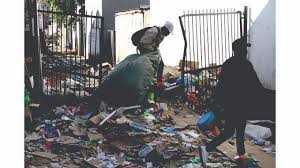
Then there are the homeless people who have colonised a few areas of the city. The pavement area outside the Zimbabwe International Book Fair Association offices along Central Avenue, next to the National Gallery comes to mind. A colony of squatters has taken up permanent residence there. If the displayed illegal brews on sale and the motley crew does not scare off a pedestrian, the stench of ripe urine and faeces certainly will.
Chitungwiza residents face similar predicaments when around shopping centres that have no public toilets. Shopping centres such as Huruyadzo in St Mary’s, Zengeza 2, Chigovanyika and Zengeza 4 PaGomba among several others have no functional public toilets.
In Harare, free toilets are generally to be found at official bus terminuses and there are often queues. The public toilets only open during working hours, meaning that commuters traversing the CBD early morning, in the evening and at night have to make do with the streets and alleyways.
There are some people with medical conditions such as prostate ailments, diabetes and hypertension who take drugs that demand that they visit the toilet often and they find it difficult where the public facilities are either closed or have all to be paid for. When the need arises to use a toilet, they just have to get one without delay because of their condition.
With cholera deaths at 19 and 52 other suspected, there is urgent need to provide toilets for the public in urban areas.
City of Harare spokesperson, Innocent Ruwende said the council has a number of public toilets across the city but some of them need attention.
“Council has 113 public toilets spread across the town. Some of these have been put on a rehabilitation plan. We are seeking partners to rehabilitate some of them. Some of the toilets could be closed from time to time mainly because of water challenges,” said Ruwende.
“Plans are afoot to install water tanks connected to motorised/solarised boreholes at most of the ablution facilities. The state of the facilities requires capital injection for them to be usable,” said Ruwende.
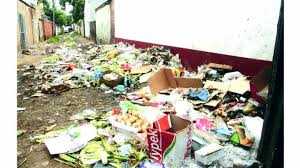
Chitungwiza Municipality spokesperson, Lovemore Meya said council was in the process of refurbishing toilets in the dormitory town. “As of now, we are working on refurbishing a public toilet in unit D. In the other areas such as Unit L and Zengeza 2, we have already done that and we are saying all these facilities should be functioning but some of them will be turned into pay toilets because as council, we have realised that we have no capacity to look after them. This is because most of them have been vandalised. So, for us to keep them safe, making them pay toilets will ensure they will have security on site to ensure no vandalism takes place again on the infrastructure,” Meya told Zim Now.
Related Stories
Climate Change expert, who is also community Development and Sater, Sanitation and Hygiene Governance Specialist, Lovemore Dhoba said that clean city is the responsibility of all and everyone must play their part and not just point fingers at the municipal authorities.
“The facilities are there but people are not prepared to pay for the service. If the City has provided a toilet, a clean one for that matter and asks you to pay 20 cents to access it to guard against ill health and you say you cannot then that is a mockery. In town each and every service that you are supposed to access, you have to pay then you must pay for a sanitation service such as a toilet.
“Everything revolves around hygiene education. We need to intensify hygiene education so that people understand why they are supposed to access a toilet at any given time, why they have to pay for it. It’ all about their health, it’s all about their neighbour’s health, it’s all about their relative’s health, and their friend’s health. Not using a toilet exposes people and others to cholera, typhoid and diarrhoea. If you see someone using the back of the toilet, you must practice citizens’ arrest because that person is exposing you to diseases.
“That will be enforcement of regulations and the Public Health Act is very clear about this but what is lacking is the enforcement part. Not only by the police but also by us as citizens,” said Dhoba.
He added that we should strengthen advocacy around access to these facilities.
“We should send the message you there that if you are in an urban area, access to sanitation services is paid for even at household level because at the end of the month, you pay city of Harare for the use of your toilet at home.
“Government has since realised that providing a service without the requisite hygiene education is just as good as directing resources down the drain.
“What residents can claim as a right is access to those toilets, if the toilets are available and they have to be paid for, let it be so. That will allow for people to use them in a clean state and also find them in the same state tomorrow because someone would have taken care of that,” Dhoba told Zim Now.
But then solutions have to be found to the challenges and these could include council contracting private pay toilet providers to popup in strategic places around the city centre. The Registrar General’s offices along Herbert Chitepo have such an arrangement.
Hitbay Sanitation Services Director, Dylord Mutamuri said there is need for stakeholder engagement for viable solutions with the municipal authorities taking lead.
“Council has the mandate so they are best placed to address the issue. However, we assist as partners with solutions such as pay toilets. Development partners may also come in to support. However, a sustainable solution is best,” he told Zim Now.
Another solution is to introduce open street toilets. These facilities only have urinary systems and users only have privacy where it matters. Such toilets would take away pressure from the public toilets. And as they do not need complicated flushing systems or lots of water, these can be free or very cheap.
Accompanied with strict enforcement of laws against urinating and defecating in the open, urban areas will soon be more hygienic places.
“There is virgin land as well for the development of new toilets and we are seeking partners for that,” said Ruwende.










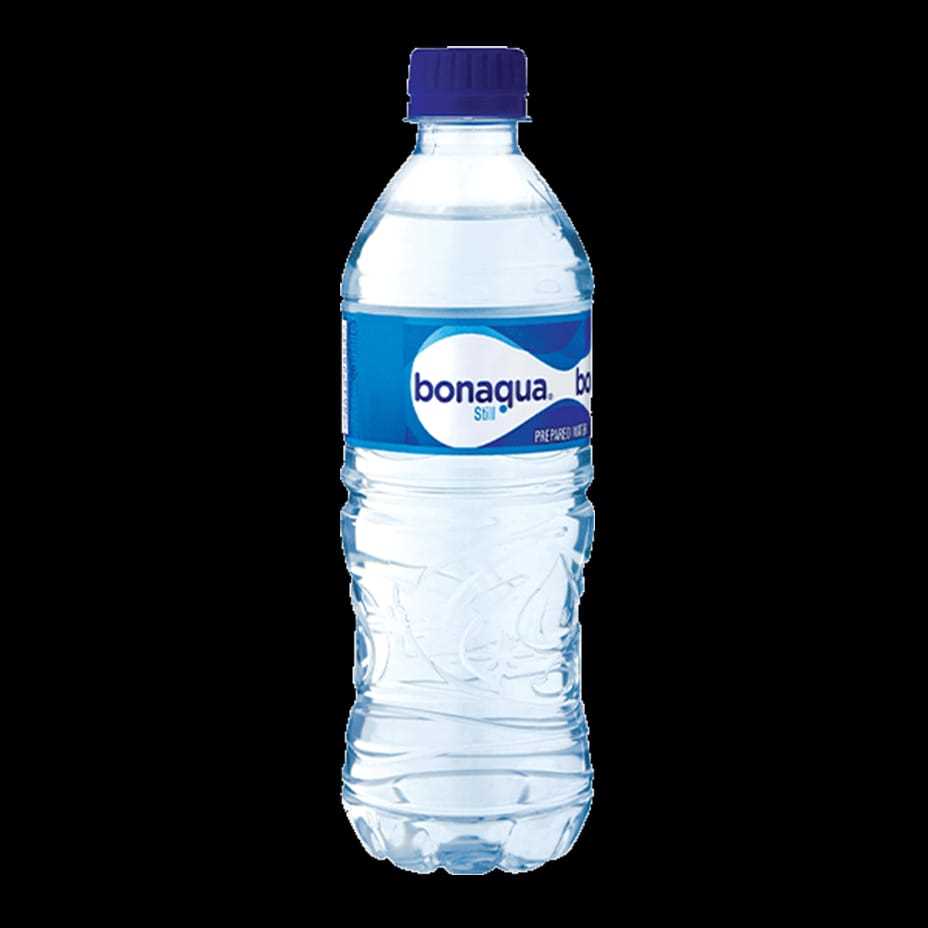

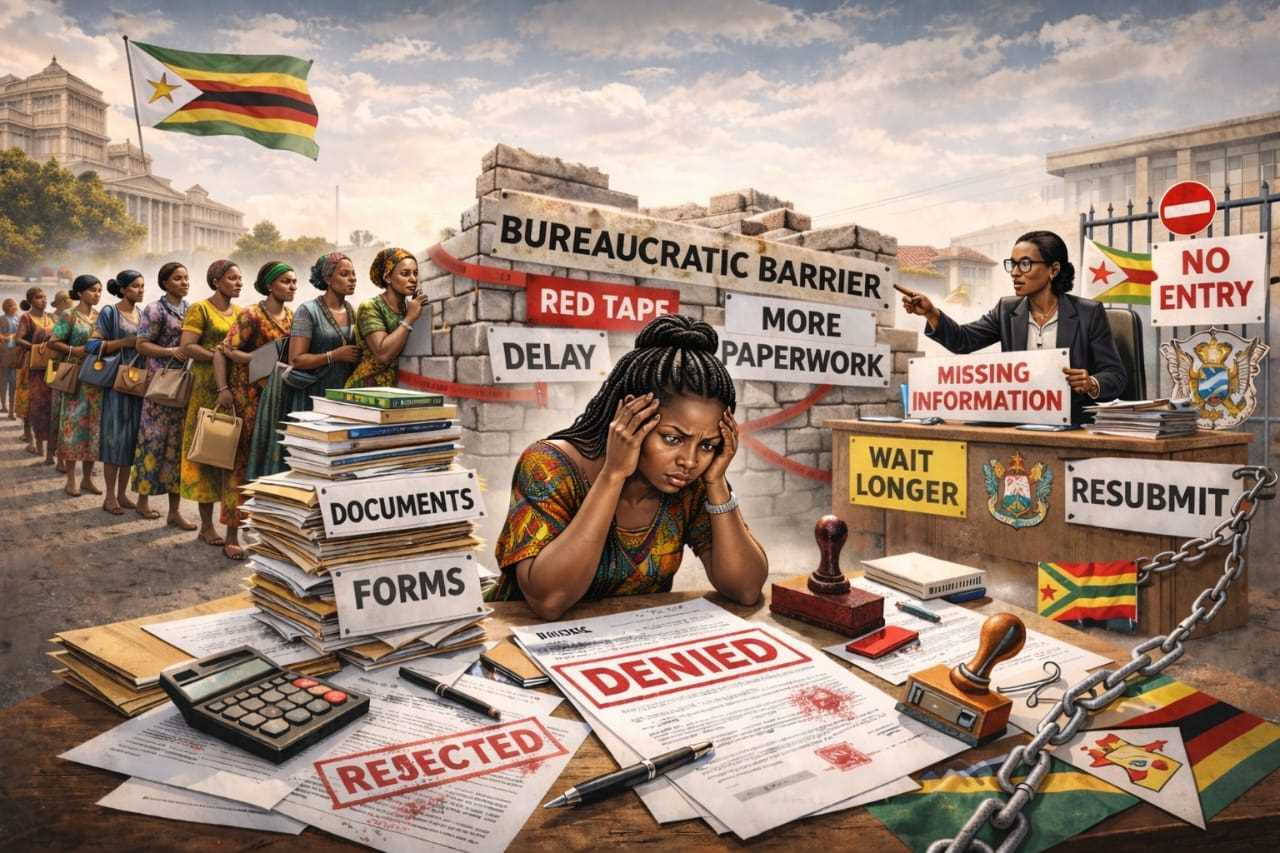

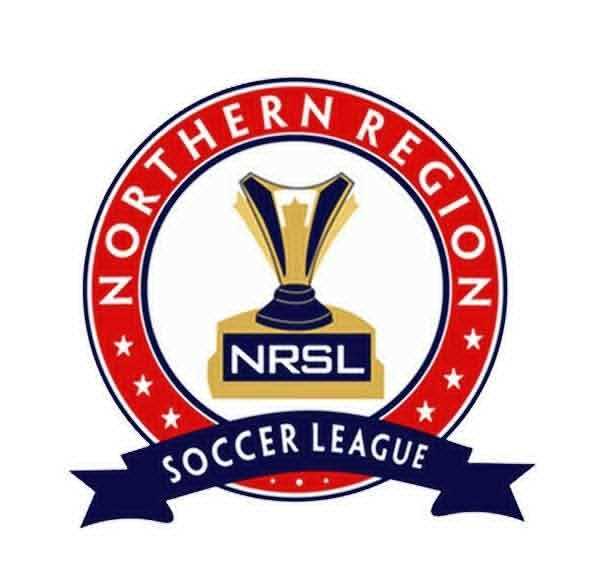
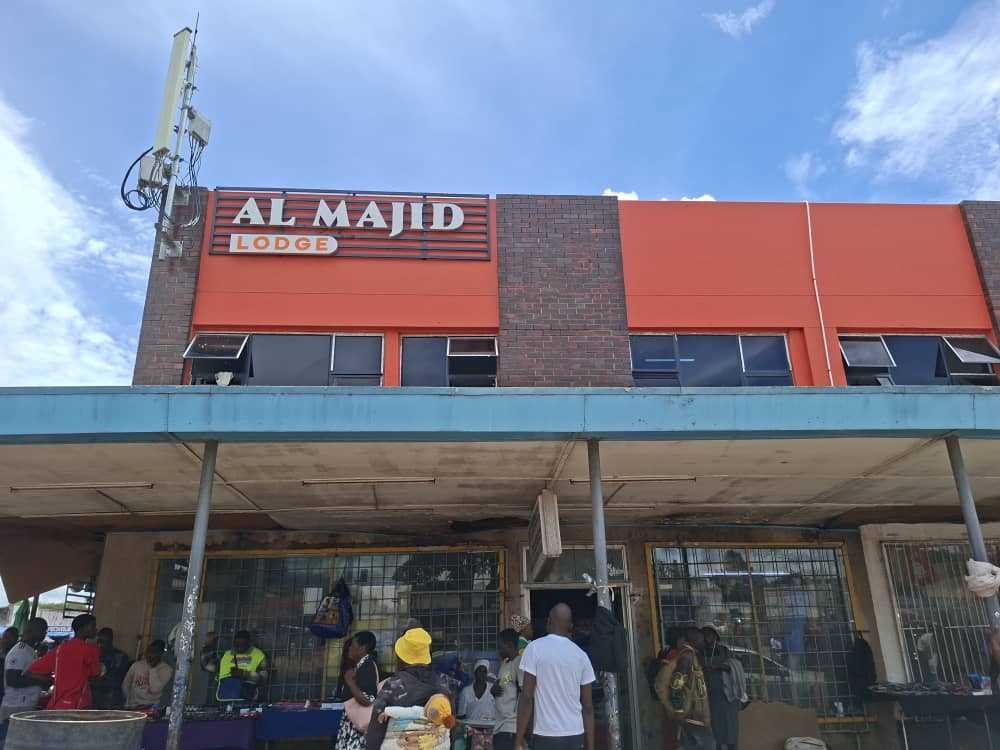
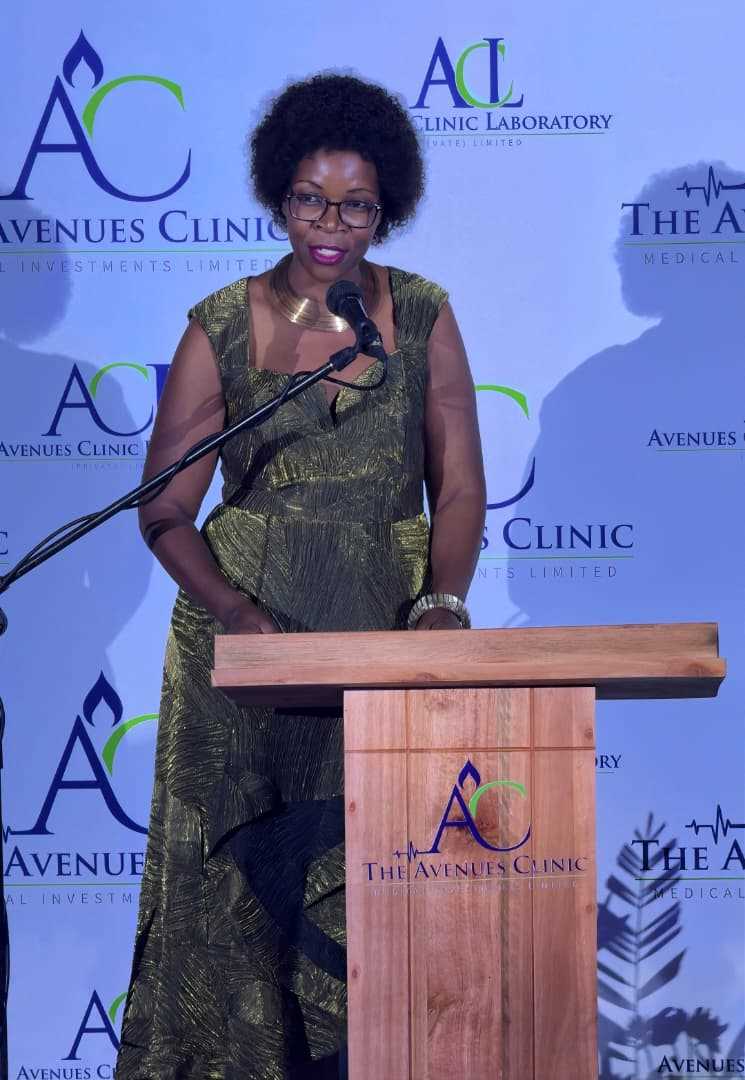


Leave Comments